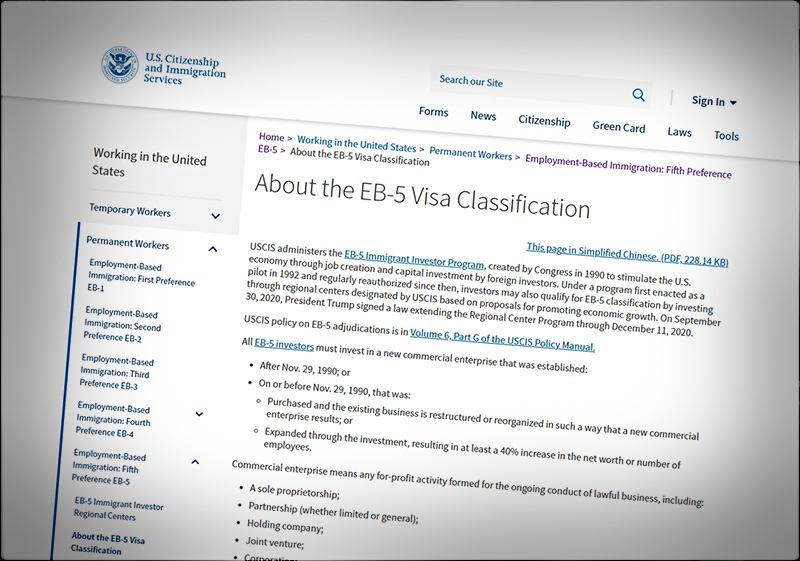
It is bad enough that an alien can buy a family-sized set of green cards in the EB-5 program, but now she or he can borrow the money involved. And borrow it without collateral! Further, it does not matter if the loan later goes into default!
The Department of Homeland Security, by not appealing a circuit court decision to the U.S. Supreme Court, has accepted the former court’s decision that such a hollow investment is just like a real one, involving an alien’s genuine assets.
The industry naturally is pleased, as the website eb-5 investors has reported. Two alien investors, one Chinese and the other Japanese, brought suit back in 2013 on this issue, saying that USCIS was wrong not to accept their investments of money they had borrowed for EB-5 purposes. The government initially defended its position at both the district and appellate court levels, and then opted not to appeal the defeat to the Supreme Court.
When the aliens borrowed the money, some years back, the requirement was for a $500,000 stake in a DHS-approved, but not guaranteed, investment, usually in urban real estate ventures; since then the initial stake has been raised to $900,000. Once the investment is approved, DHS issues two-year temporary green cards for the investor’s family; these are converted to permanent green cards later, if all the money has, in fact, been transferred.
For some reason, the EB-5 funds are virtually never invested in factories, mines, mills, farms, or the IT industry. They almost all go to urban real estate deals in which the aliens, instead of getting market rates of interest for their mezzanine (i.e., non-collateralized) lending, get a 1 percent or, at most, 2 percent return. The EB-5 program does little to increase genuine investments in America; it simply subsidizes big-city real estate developers.
The case was before the D.C. Circuit Court of Appeals.
